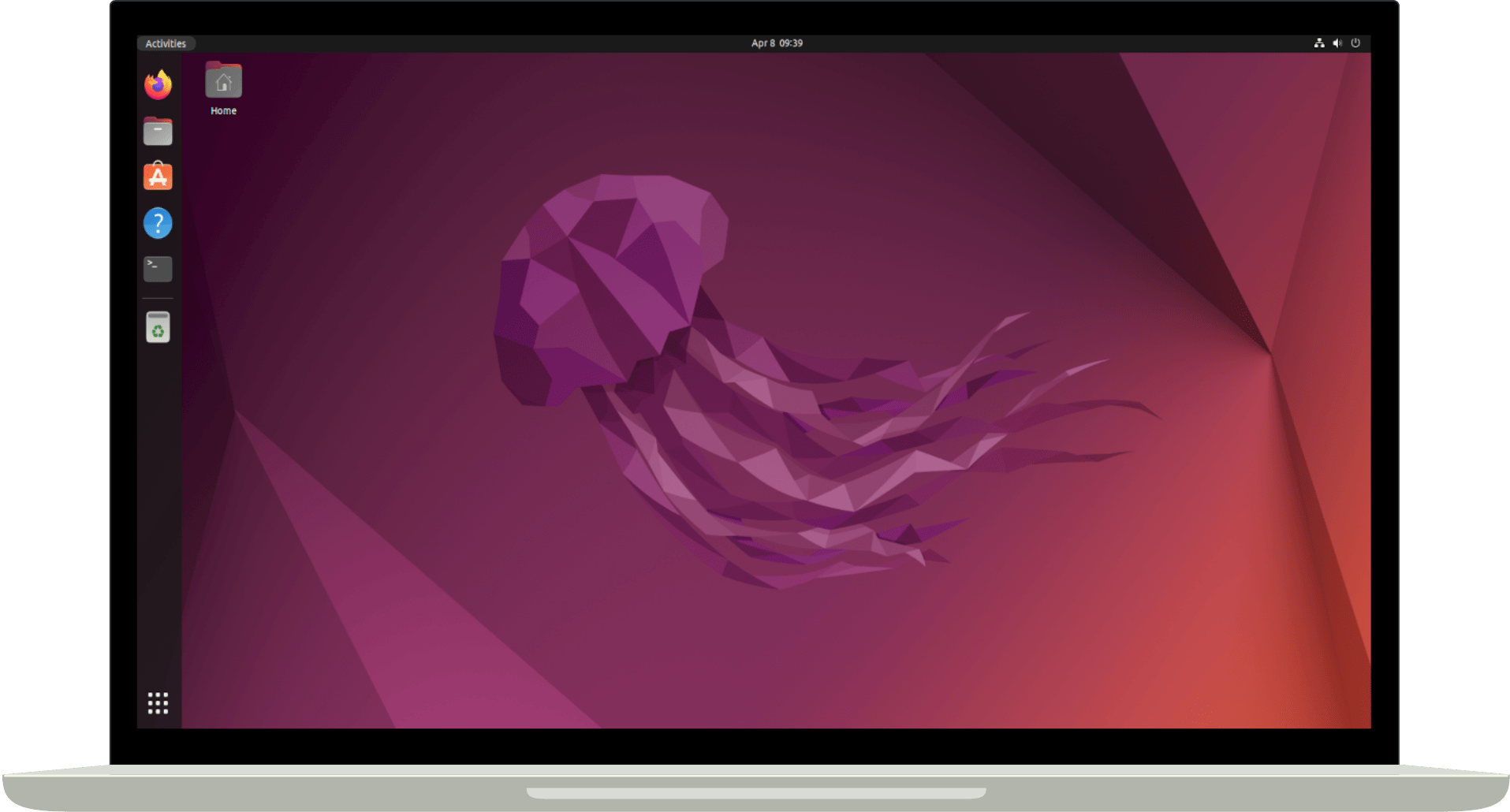

In addition to normal releases, Canonical develops Long Term Support (LTS) releases. These versions are referred to as normal releases. New versions of the operating system are released every six months and receive supported from Canonical for 18 months. One of the great features of Ubuntu is that it is supported within a structured time frame.
UBUNTU UPGRADE
Wondering if you should upgrade to the latest version of Ubuntu? Check out these reasons why you should. So if you find yourself talking to a fellow Ubuntu enthusiast and they are raving about Wily Werewolf or Yakkety Yak, they are not talking about their love for quirky mammals, but previous versions of the Ubuntu operating system. Thanks to the way things began, Artful Aardvark is the first release to begin with A.
UBUNTU CODE
Ubuntu code names have proceeded in alphabetical order ever since. Things changed with the release of Dapper Drake (6.06). The first three versions of Ubuntu were Warty Warthog (4.10), Hoary Hedgehog (5.04), and Breezy Badger (5.10), which had the alliteration but did not yet go in order. Ubuntu makes these selections for you and packages them together into a fully functional interface. Like with a commercial OS, you don't need to know what any of these components are. In addition to the Linux kernel, a Linux operating system needs a display server, a sound server, a desktop environment, and many other components to make a complete experience. It is called "Linux" because it is named after Linus Torvalds, the Finnish computer programmer who created it in 1991.
UBUNTU FREE
The Linux kernel is used in many free and open source operating systems and, just like Ubuntu, is released under the GNU General Public License.
UBUNTU SOFTWARE
A kernel, on its own, is not an operating system, but rather a set of computer instructions that enable communication between software applications and the data processing done at the hardware level. Linux is a kernel, which is the core component of any operating system and allows software to communicate with hardware. Ubuntu is the most popular Linux-based desktop operating system. If you want to help out, you can! Ubuntu and Linux

When someone packages the Linux kernel with the software necessary to provide a functional desktop experience, we call the end result a Linux operating system or "distribution." In 1993, a man named Ian Murdock started a project that did precisely this and named it Debian after him and his then girlfriend, Debra. Anyone is free to put these components together as they wish, and no single company has control over the entire ecosystem. The software comes from many different developers spread all over the world.
Microsoft and Apple develop these systems and profit from selling the OSes, or devices running them, to you and me.įree and open source desktops use a different model.
UBUNTU WINDOWS
Windows and macOS dominate the desktop landscape throughout much of the world.


 0 kommentar(er)
0 kommentar(er)
